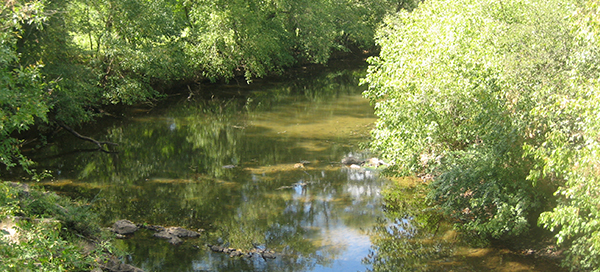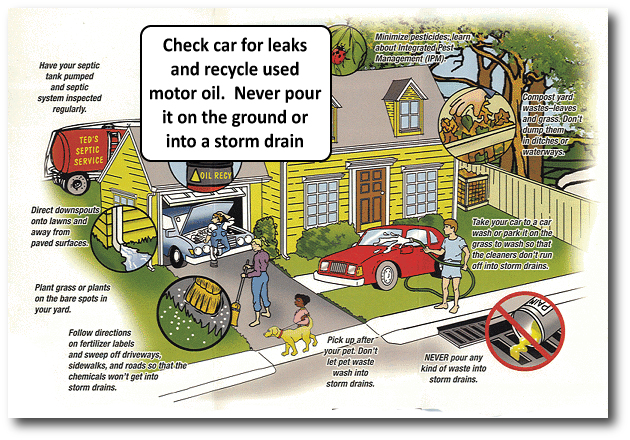"Water is the future."
Bobby Branch, a conservation easement donor, made this remark on a recent visit to his farm in Chatham County. Forested buffers on his properties filter water entering Tick Creek, a tributary of the Rocky River and part of the Cape Fear River Basin.

The Rocky River
Safeguarding water quality is critically important for human and ecosystem health. As our communities in the Triangle continue to grow, the demand for clean water increases as does the threat of water pollution. TLC actively works with landowners like Mr. Branch as well as with local partnerships like the Upper Neuse Clean Water Initiative (UNCWI) to conserve properties that buffer and protect local waterways. However, you don't need to own large tracts of land to make a difference.
Nonpoint source pollution (NPS) is one of the largest water quality problems in the country. It's actually the main reason that approximately 40 % of surveyed rivers, lakes, and estuaries are not clean enough to meet basic uses such as fishing or swimming. NPS pollution occurs when water from rain, snow or irrigation picks up pollutants as it flows over land or through the ground, and deposits them into rivers, lakes, oceans, and groundwater sources.
You can have a positive impact on water quality in your community by reducing nonpoint source pollution, starting now! August is National Water Quality Month and we encourage you to participate by taking these actions at home. Already following all of these suggestions? Great! Help educate your family and neighbors by sharing these tips and tricks with them because "each one of us can make a difference, together we make change."

From the Piedmont Triad Regional Council
- Scoop the poop!
- Turn off the faucet when brushing your teeth and
- Repair leaky faucets.
- Sweep, don’t hose down, driveways, sidewalks, gutters, and patios.
- Use lawn fertilizers only as needed and avoid harmful pesticides.
- Install a rain barrel to collect water for your lawn and gardening.
- If you water your lawn, do it in the cool morning to avoid evaporation and
- Be careful not to water the pavement.
- Plant native trees, shrubs, herbs and flowers as they generally require less care and water.
- Wash the family car over grass or gravel to prevent any soapy runoff from going directly into the sewers.
- Take unused pharmaceuticals to a disposal center.
Find more tips and tricks for protecting water quality at home here and here.
What do you want to know about safeguarding water quality? How will you celebrate National Water Quality Month? Let us know!
